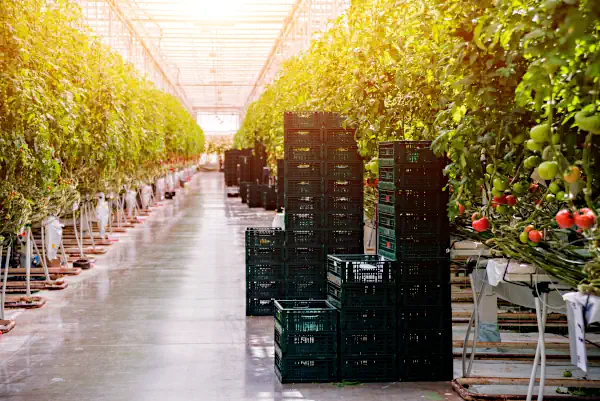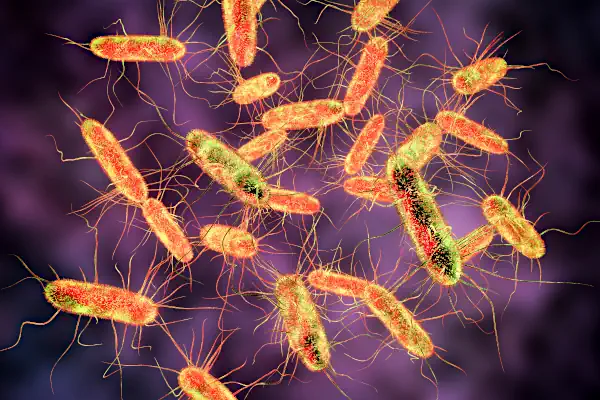Agricultural

Vegetable greenhouse spraying Instant HOClTM
While the COVID pandemic will begin to fade from headlines around the world, the threat and impacts of dangerous pathogens will continue to plague the agricultural industry for decades, and even centuries to come. Biosecurity for crops, livestock, and food prep has never been more critical, and it is expected to grow exponentially as billions of agricultural dollars are expended annually on increasingly toxic and carcinogenic pesticides to combat increasingly resistant pathogens.
Unlike other industries, the sustainability of agriculture is dependent upon the growth and welfare of living systems. And all living systems, without exception, are susceptible to parasites and microbial pathogens. A February 11, 2022, announcement by the USDA is an undeniable example of the on-going need for heightened biosecurity. In this case, the entire poultry industry is being put on alert for a new outbreak of Avian Influenza Viruses (AIV) and the Department of Agriculture’s Animal and Plant Health Inspection Service (APHIS) is immediately recommending that the poultry industry “enhance its biosecurity measures and rapidly respond to reduce the risk of disease spread”. This comes at a time when some of our nation’s largest poultry producers are still using formaldehyde, a known carcinogen, to reduce the spread of disease.
Quaternary ammonium compounds, glutaraldehyde, hydrogen peroxide, iodine, peracetic acid, and other dangerous chemicals are commonly used throughout the animal and horticulture ag industry. Infection Control Services can provide a better option by replacing toxic and carcinogenic chemicals with a healthy and eco-friendly, effective alternative. The agricultural industry must embrace its “Green” labels when it comes to employing biosecurity measures and products.
Making the Future Sustainable

In addition to the importance of safety and environmental stewardship, the agricultural industry now acknowledges that microbial pathogens quickly mutate and build resistance in response to past and current chemical pesticides on the market. This is a major problem for the industry as pesticide costs are already exceeding $130 B worldwide (Business Research), up from $60 B in 2012 as reported by the US EPA. The cost to maintain crops using conventional pesticides outweighs the economic benefits from crop production and yield, according to a report by the Bureau for the Appraisal of Social Impacts for Citizen Information (BASIC), entitled “Pesticides ‘cost double the amount they yield”. Moreover, a recent United Nations Environmental Program (UNEP) report establishes that “pesticide use does not adhere to sustainable agriculture goals”. Clearly, the US and worldwide agriculture industry is facing serious consequences and an unsustainable future if current practices persist.
It is not a hyperbole to state that the future of the world is dependent upon a stable agricultural base.
Again, Infection Control Systems can help to build a healthier and financially stable ag industry, while promoting environmental stewardship.
Horticulture
The damage caused by molds and fungi to rice, wheat, and maize alone costs global agriculture $60 billion per year. In the United States alone, where pesticides are applied at a cost of $11.2 billion per year, crop losses to plant disease equal $9.1 billion a year. Again, daily spray application of ICS’s Instant HOClTM can cost effectively reduce the problem.